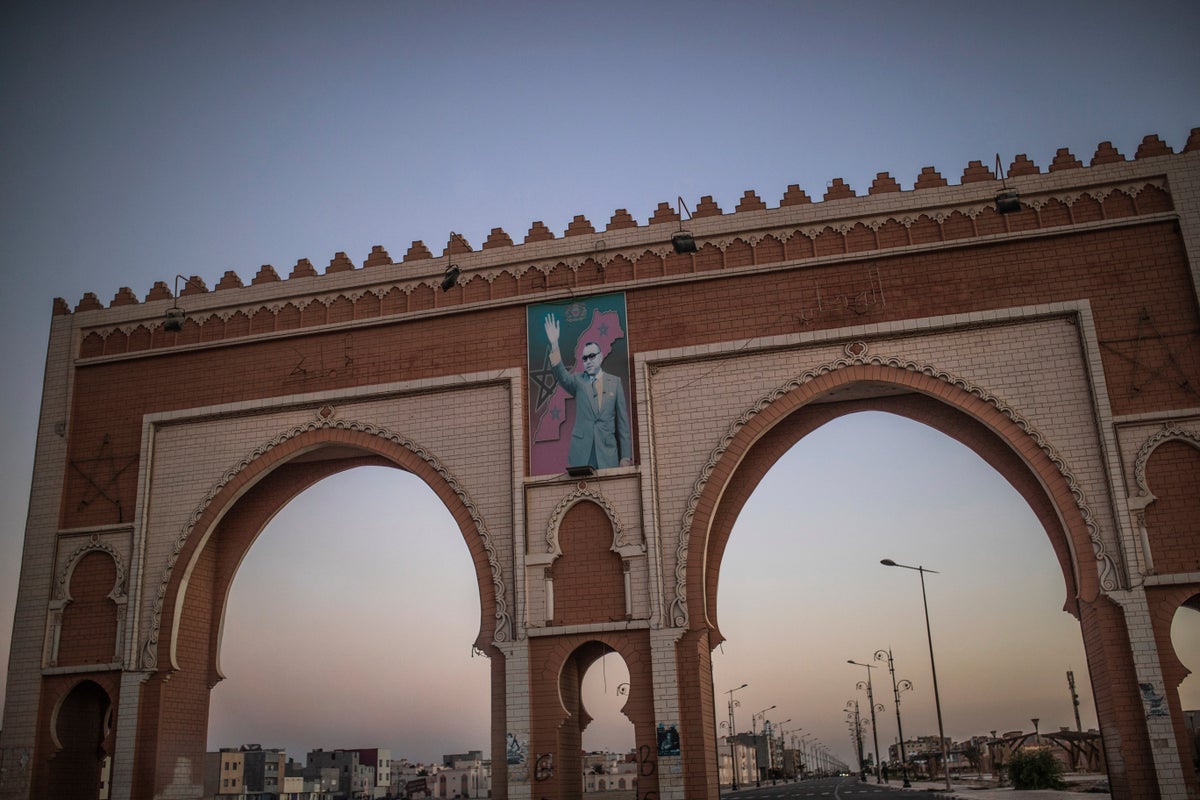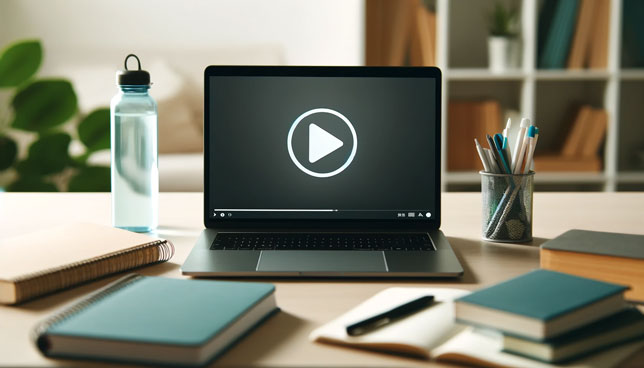ARTICLE AD BOX
When Wafa Shafiq realized her upcoming job interview would be conducted by an artificial intelligence bot, she thought: Why not?
"I thought it'd be really cool. I wanted to try it," said Shafiq.
Alex, an AI bot powered by software company Aprioria, interviewed the 26-year-old from Mississauga, Ont., for a marketing position at a retirement insurance agency.
It asked her about herself and her experience for 30 minutes. It acknowledged her responses and complimented them before asking a followup question.
"I was shocked that it was asking such good followup questions," Shafiq told CBC News. "My expectations had been lower."
While some companies are turning to artificial intelligence to streamline their recruitment processes, some job candidates are concerned about how they're being evaluated and losing the chance to connect with recruiters.
WATCH | How AI is changing the job interview process: Your next job interview could be with an AI bot
This technology is still in the early phase, says Mike Shekhtman, senior regional director at Canadian employment agency Robert Half.
"As the technology improves, we will continue to see perhaps an acceleration."
'People thought we were crazy'
Ribbon, an AI-interviewer software company, is among the Canadian companies to have seen an opportunity in this market.
"A year ago, people thought we were crazy," Arsham Ghahramani, Ribbon's CEO, said in an interview.

In nine months, Ribbon has amassed 400 customers who now use its bot to conduct interviews.
Ghahramani and his team spent more than a year building and training their AI using publicly available interviews and voice datasets. They wanted their AI to show the right emotion and ask the right questions, he said.
But some candidates would prefer a human recruiter.
Missing the human touch
Maureen Green, a health technology consultant, was approached to do an interview for a position in a Canadian health-care company that uses AI to direct patient calls. She was told the interview would be done by the company's own AI bot.
At first, Green, who lives in Vancouver, said she was impressed by the system, finding it spoke and acted similarly to a human.
"It really did feel like a conversation and it felt like it was listening."
But what was scheduled to be a 30-minute interview ended up going for more than an hour, as the AI kept asking followup questions and showed no signs of drawing the interview to an end.
Not knowing what else to do, Green said she thanked the AI interviewer for its time.
"I said: 'I'm so sorry, but it was wonderful talking to you. Thank you so much for the opportunity,' and so it ended."
LISTEN | Are we ready for robots among us?: Spark54:00Should robots work for us or with us?
Green thought she had done well in the interview, but she never heard back.
"I had been left feeling taken advantage of because … I put a lot of effort into this interview and really took it seriously, but I also get the feeling that it's being trained by talking to people," she said.
"It can be done well, I'm sure, but this wasn't it."
Shafiq shared the sentiment. She entered her interview with curiosity and some skepticism.
The email she received to schedule the interview didn't mention AI — she only found out after looking into it herself. And she didn't get a followup after the interview either.
She thought it was "cool" that she could schedule the interview at any time of the day, even in the middle of the night, and was impressed by the few glitches she experienced — it only had difficulty answering some of her questions. But she wished she had more information on how her performance would be evaluated.
"If companies do use AI for recruitment, there's such an opportunity for communicating what the benefits of it are," Shafiq said. "Sending a message beforehand to be like: 'This is what to expect, this is how to prepare.'"
Although Shafiq is open to doing more AI interviews, she said she missed the human connection she usually gets with regular interviews.
"There's no small talk, there was nothing personal and I wasn't able to really tell if my answers were landing or not."
Is it a replacement for human recruiters?
Job interviews done by AI agents allow for much more flexibility in hiring internal roles and can accelerate the process, said Elena McGuire, director of people and special projects at Thrive Career Wellness, a Toronto-based HR consulting company.
The company has several positions open at once and they hire internationally. They use Ribbon, which allows candidates to choose an interview time that works for them and to interview in French for bilingual positions.
McGuire said it allowed the company to cut down thousands of applicants and hire six new employees.
"It's really not meant to replace us HR folk, but help us."
McGuire also said that the company's hiring decisions aren't made by AI.
Ribbon summarizes interviews and gives scores based on the company's requirements, allowing recruiters to decide whether or not to move ahead with the candidate.
"They're [companies] looking at ways to not lose any beat and not miss out on candidates," said Shekhtman, of employment agency Robert Half.
"But that comes with a tremendous amount of caution as well," he added, to ensure AI agents don't overlook qualified candidates or spotlight unqualified ones by focusing too much on technicalities.
But companies will ultimately leverage any tool that will help them streamline their processes, especially if their resources are waning, said Shekhtman.
"If you don't embrace [the technology], you're going to get run over by it."
AI interviews 'a punchline'
When it comes to being interviewed by AI, Terri Griffith, Keith Beedie chairholder in innovation and entrepreneurship at Simon Fraser University in British Columbia, said she hasn't heard yet "a candidate be excited."
She said AI is being used by both recruiters and applicants.
"This is a punchline to a joke that goes: 'I used my AI to apply for the job, they used AI to review my application … now we're having an [AI] interview.'"
LISTEN | What AI means for the future of your career: 52:40AI and the future of your work
Griffith sees the use of AI bots in interviews having various potential outcomes: with enough pushback could come regulation or with enough improvement of the technology and its implementation could come approval.
Green, reflecting on her interview, noted that although she is "really open" to AI, many people are not, and she hopes companies will understand that their trust needs to be earned.
"I don't think we need to be speedy in applying these systems to what we are doing. I think we should be thoughtful and respectful of the people it's interacting with," she said.
"So hopefully that will change, but I'm optimistic."

 1 day ago
2
1 day ago
2








 English (US) ·
English (US) ·